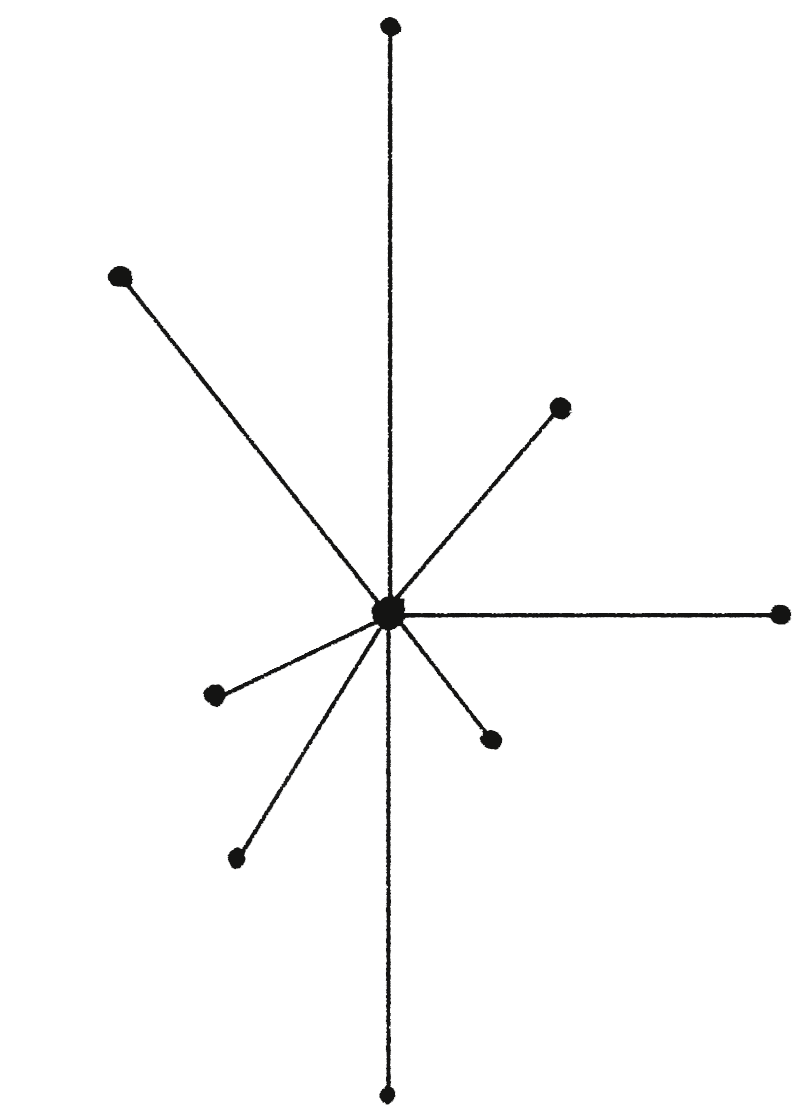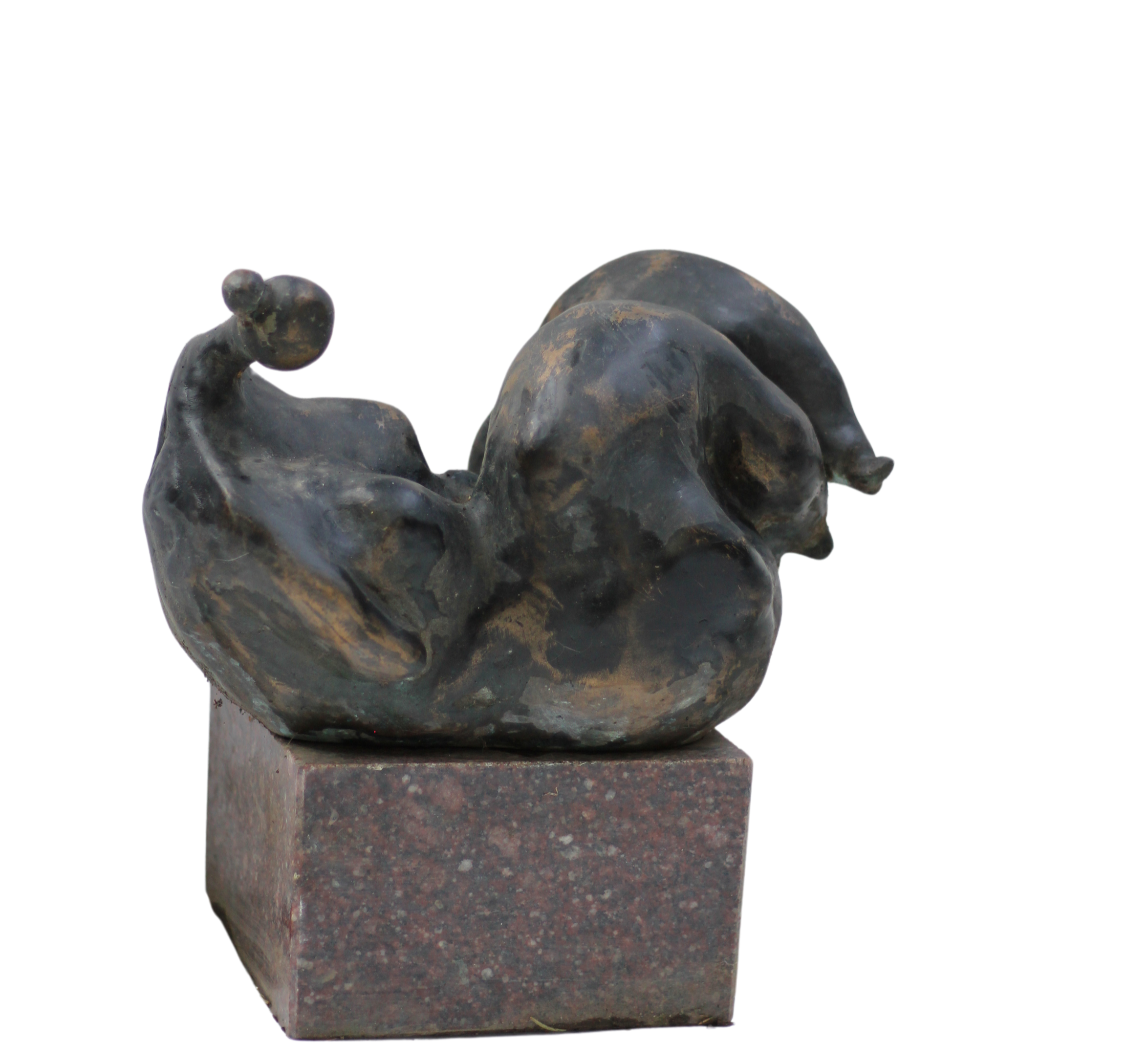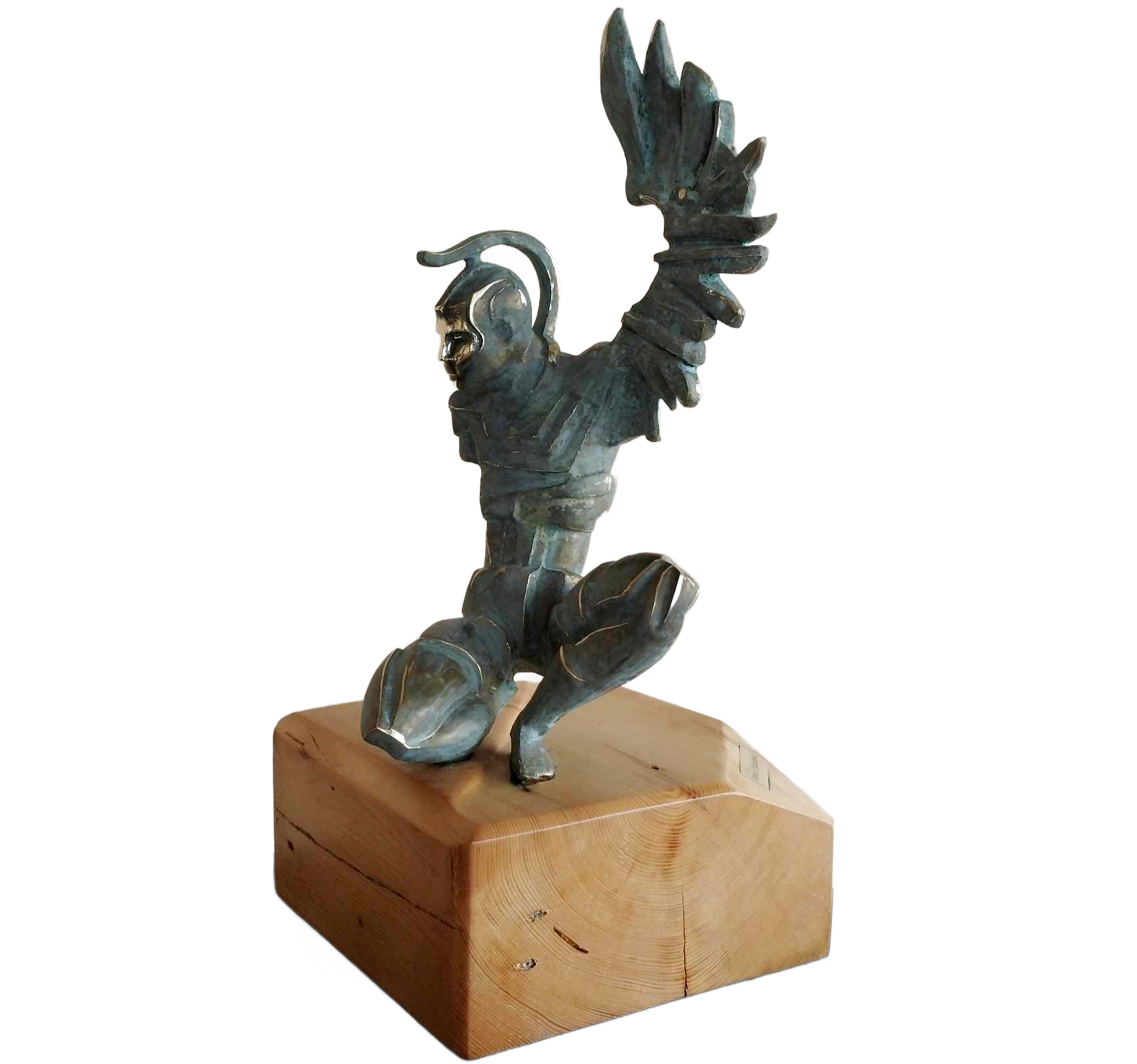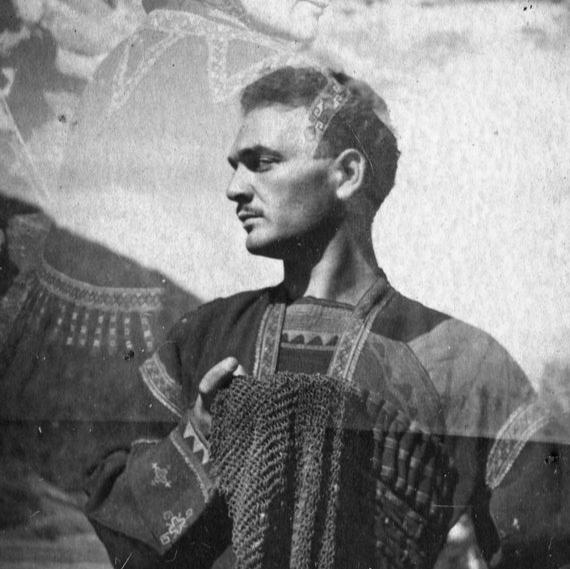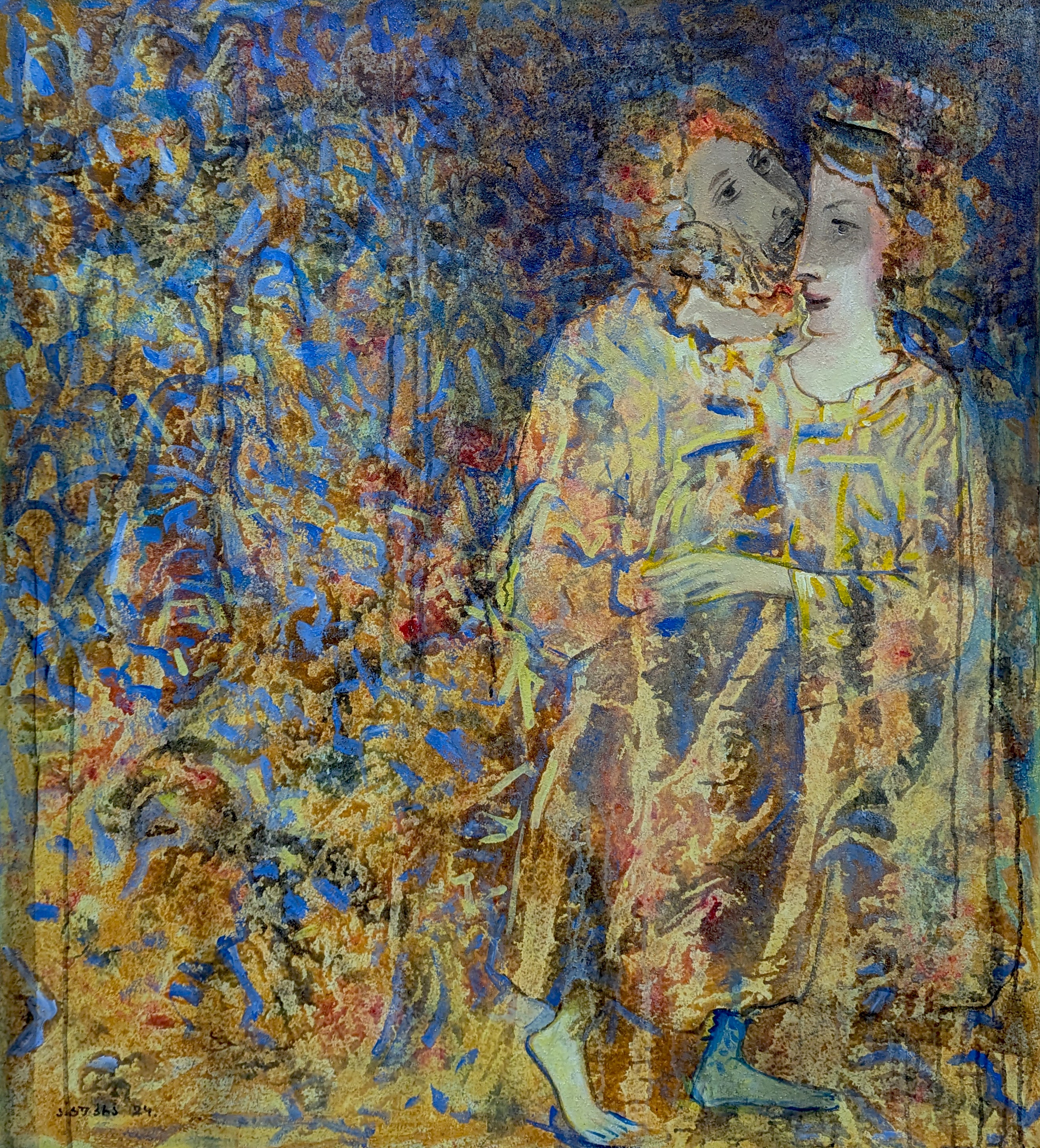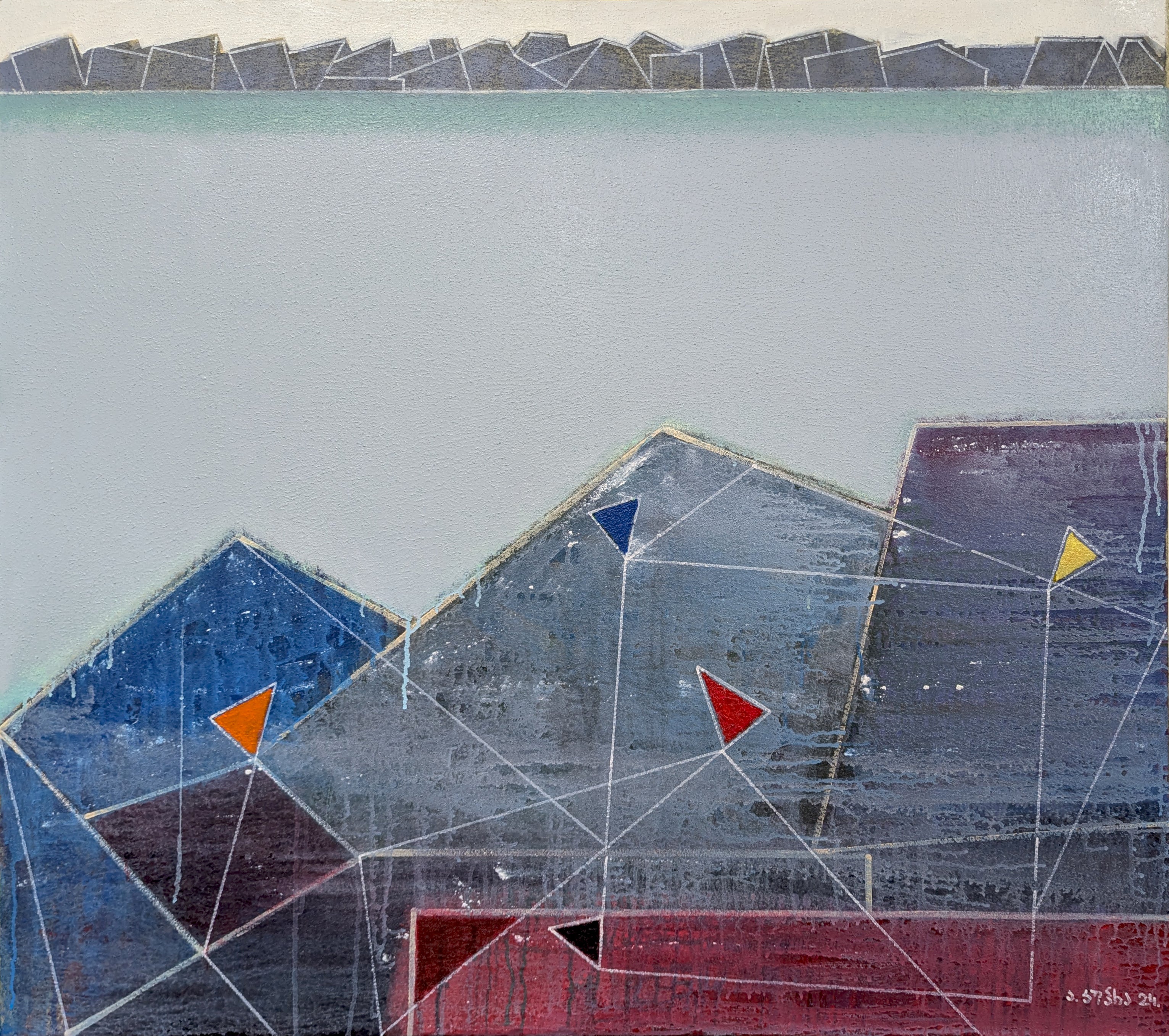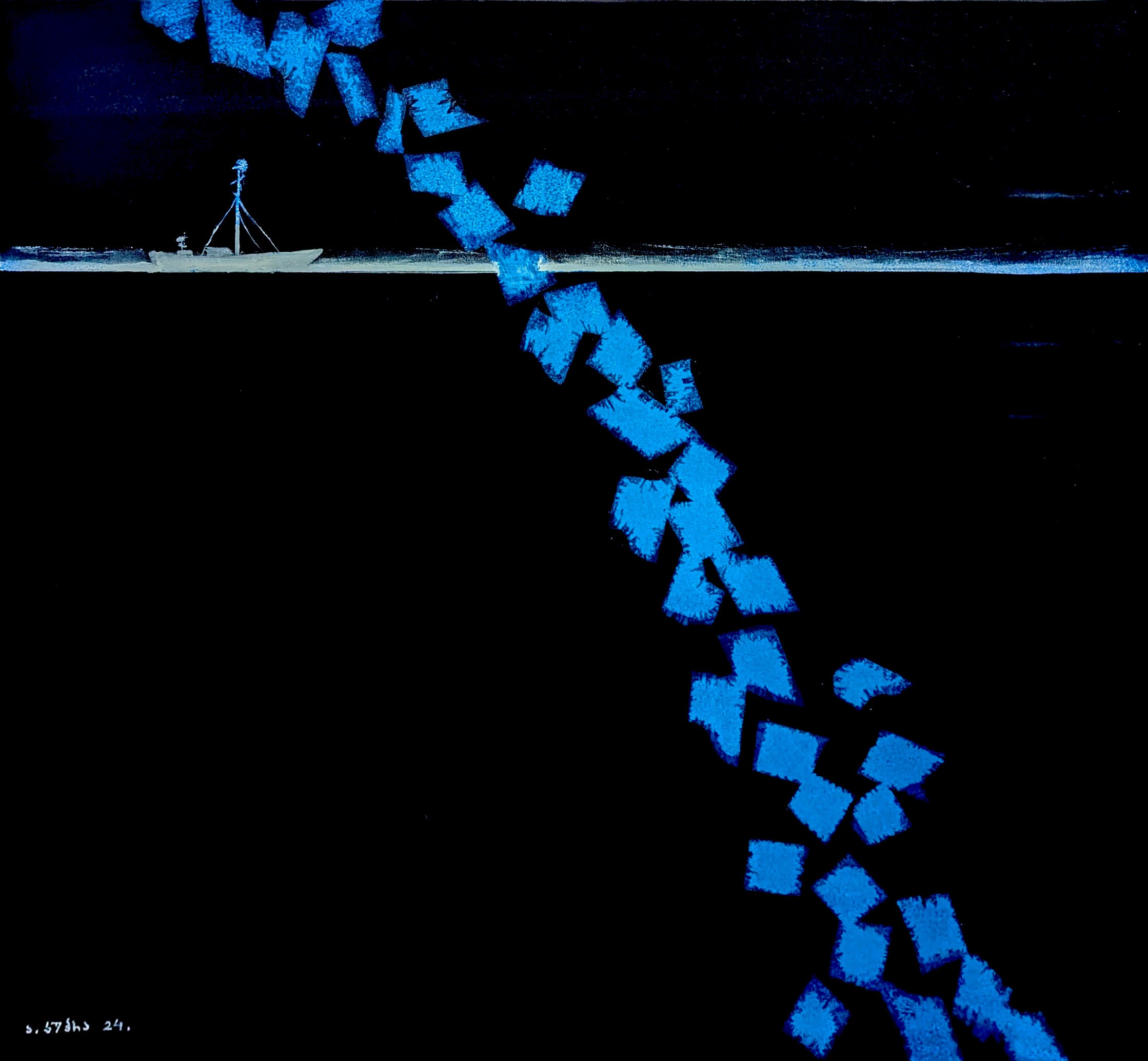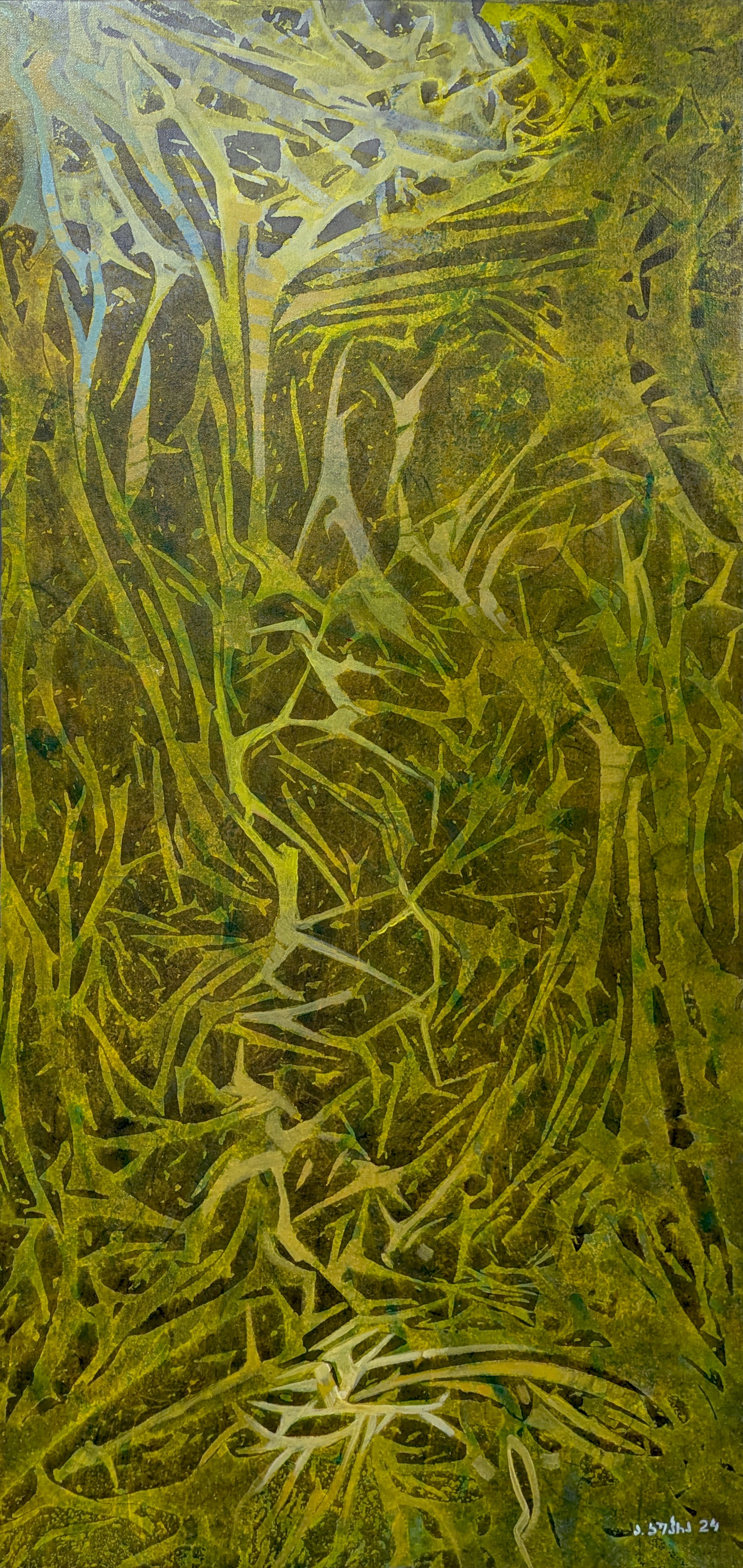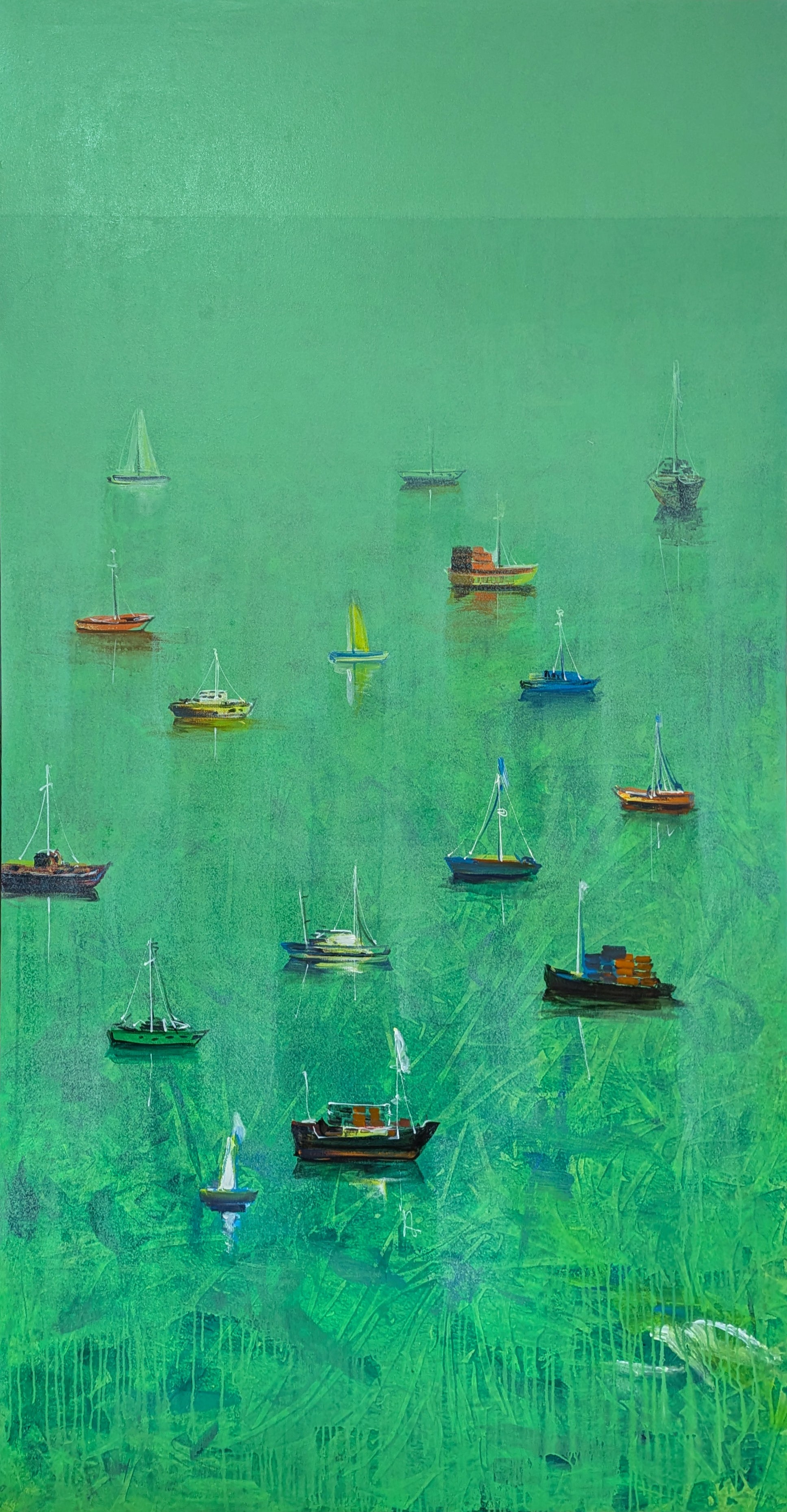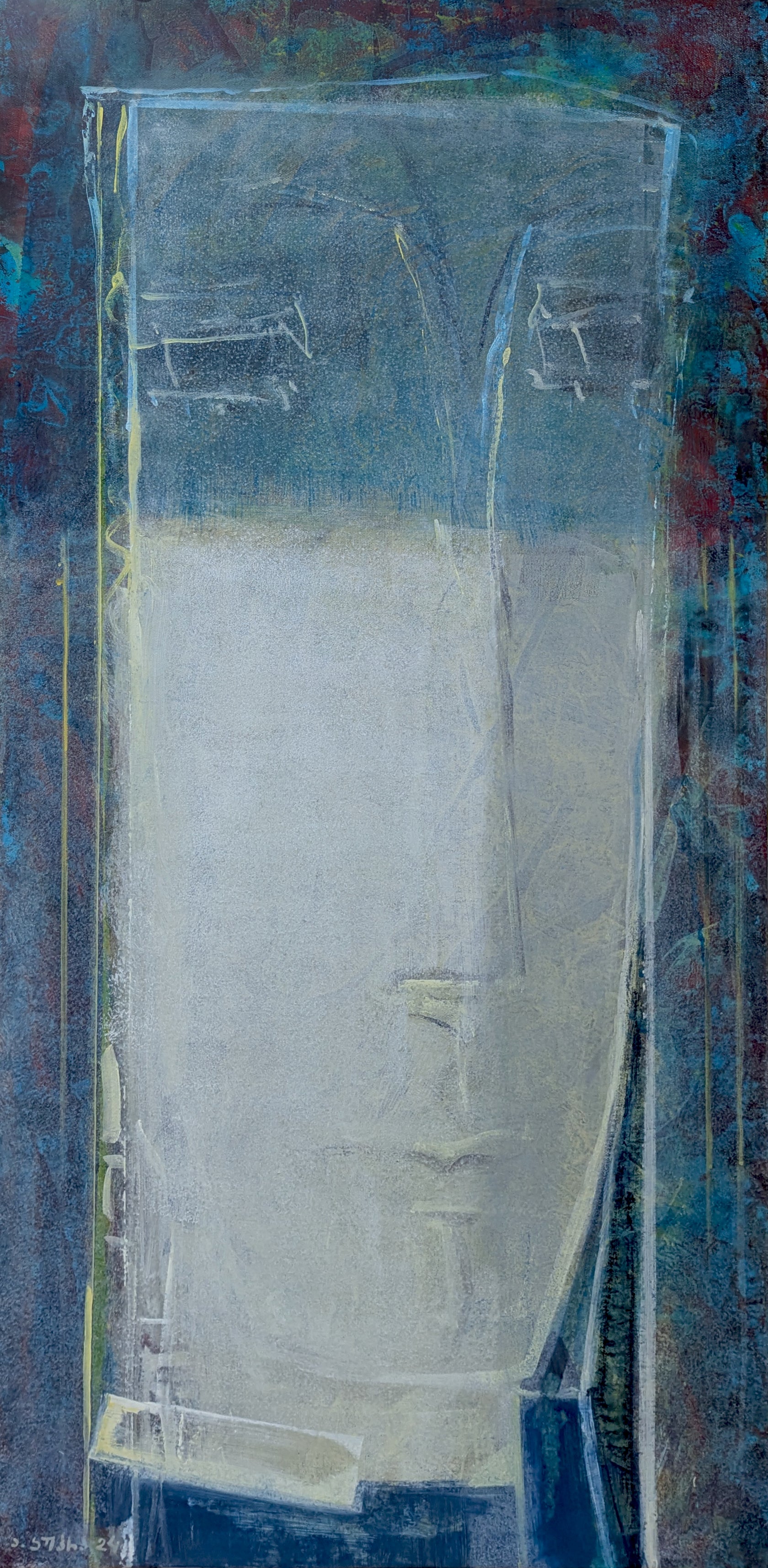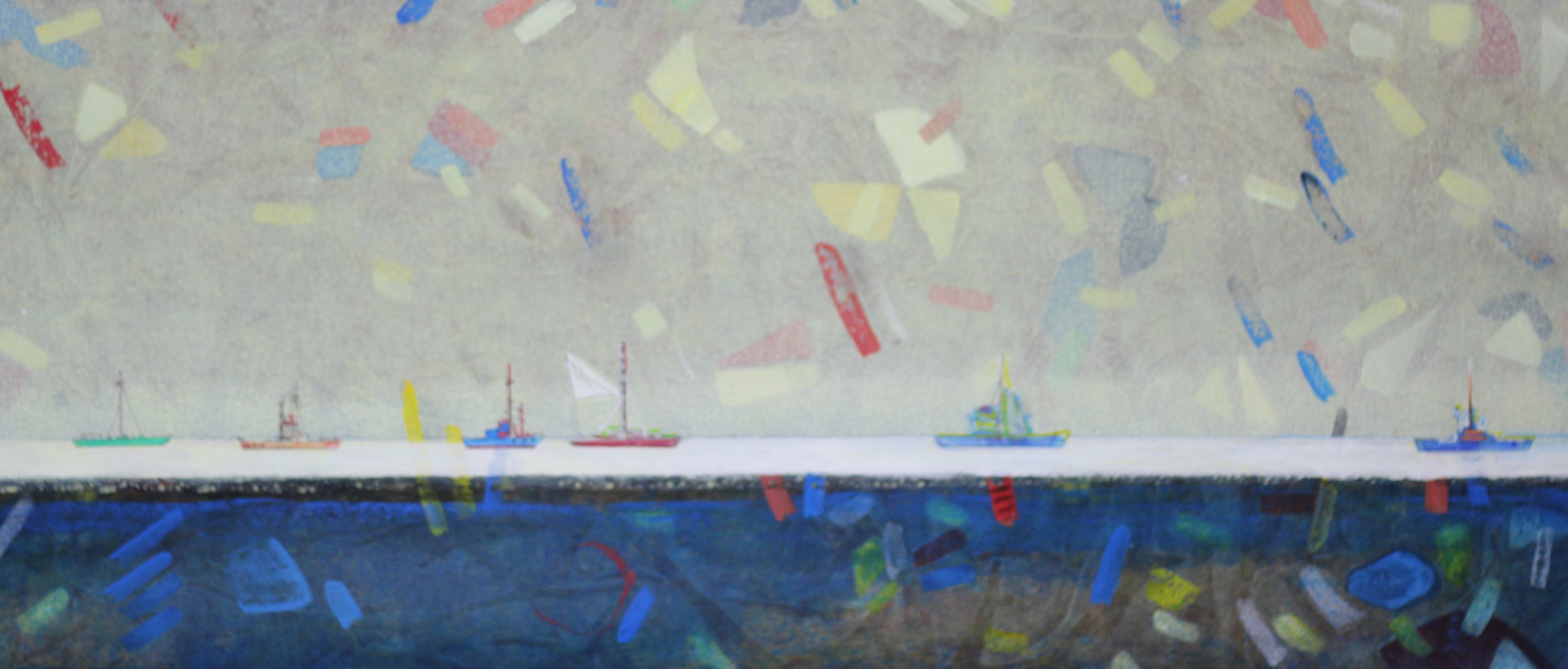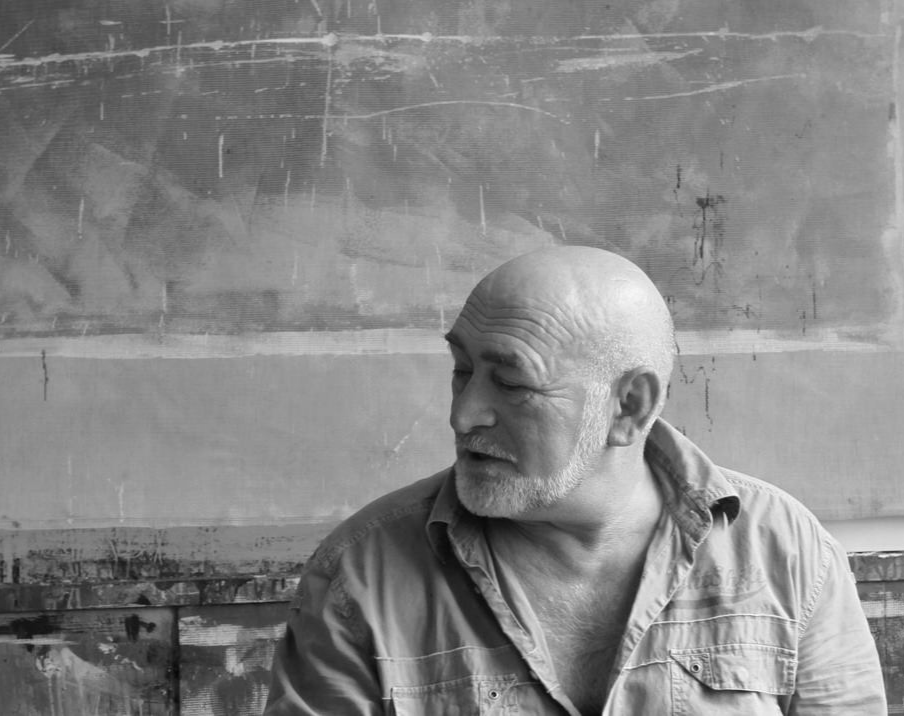
Amiran Kuprava is a distinguished figure in modern Georgian art, whose multifaceted career has spanned decades of political transformation, artistic exploration, and cultural exchange. Born during the late Soviet era, Kuprava emerged as a key voice among the 1980s generation of Georgian artists, a period of radical experimentation in Georgian fine art. After completing his foundational studies at the Jacob Nikoladze Art School (1972–1975), Kuprava pursued advanced training at the Tbilisi State Academy of Arts (1982–1988), where he honed his craft amidst the rising tide of abstract expression and avant-garde movements.
Kuprava’s early works garnered critical acclaim for their intellectual depth and daring reinterpretation of artistic norms, setting him apart from peers who favored the repetition of singular styles. From 1993 to 2013, Kuprava lived and worked in Germany, where he immersed himself in European artistic dialogues while participating in numerous high-profile exhibitions. Notable figures like Manfred Werner and Ingrid Zimmerman championed his work, organizing acclaimed showcases such as Georgian Prometheus and His Angel in Berlin.
Despite his success abroad, Kuprava remained intrinsically connected to his homeland. In the 2010s, he returned to Georgia, marking a new chapter in his artistic journey. Through his work, Kuprava has consistently bridged the past and the present, exploring universal human themes while maintaining a dialogue with Georgian traditions.
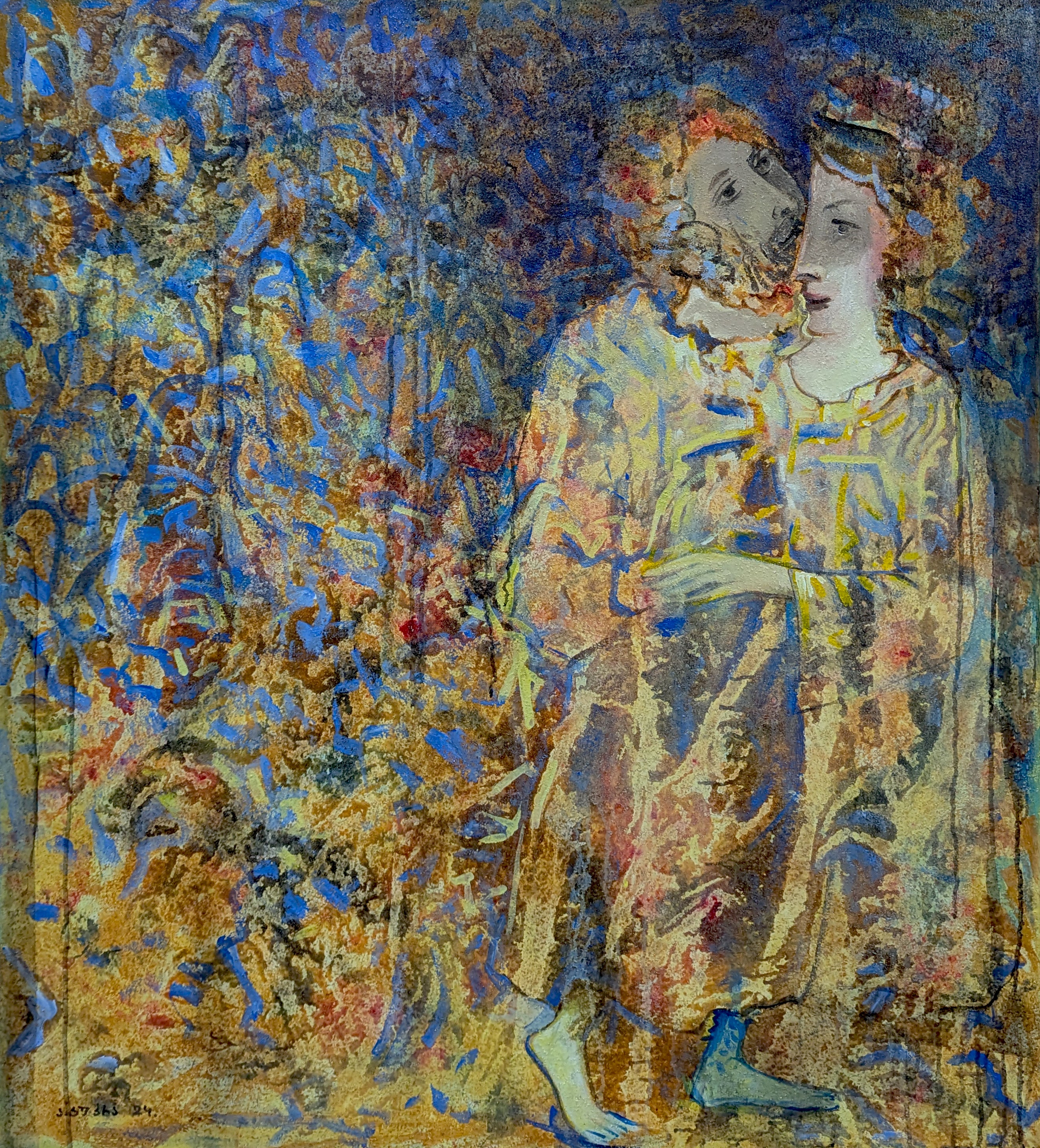
Kuprava's artistic signature resists singular categorization, instead revealing a complex synthesis of multiple aesthetic approaches. His work from the 1980s and 1990s exhibits an expressionist searching and individualistic realist type, while his post-2000 period demonstrates a profound engagement with abstract, texture-material, plastic, and conceptual directions within a post-modern framework. His distinctive approach to deformation, particularly evident in his portraiture, transcends mere aesthetic-formalistic concerns to become a programmatic method of expressing spiritual and philosophical inquiries. The artist's work is characterized by a unique treatment of monochromatic tones and an innovative approach to material surface. Kuprava's artistic language particularly shines in his treatment of the "shadow theme," which becomes a programmatic leitmotif in his later work, where he constructs intensively personal, unseen compositional surroundings through abstract formality. His ability to maintain autonomous originality across various artistic methods - from traditional forms to postmodern artistic searching - establishes him as a singular voice in contemporary Georgian art, one who successfully navigates between primary instinct and intellectual sophistication in his creative expression.
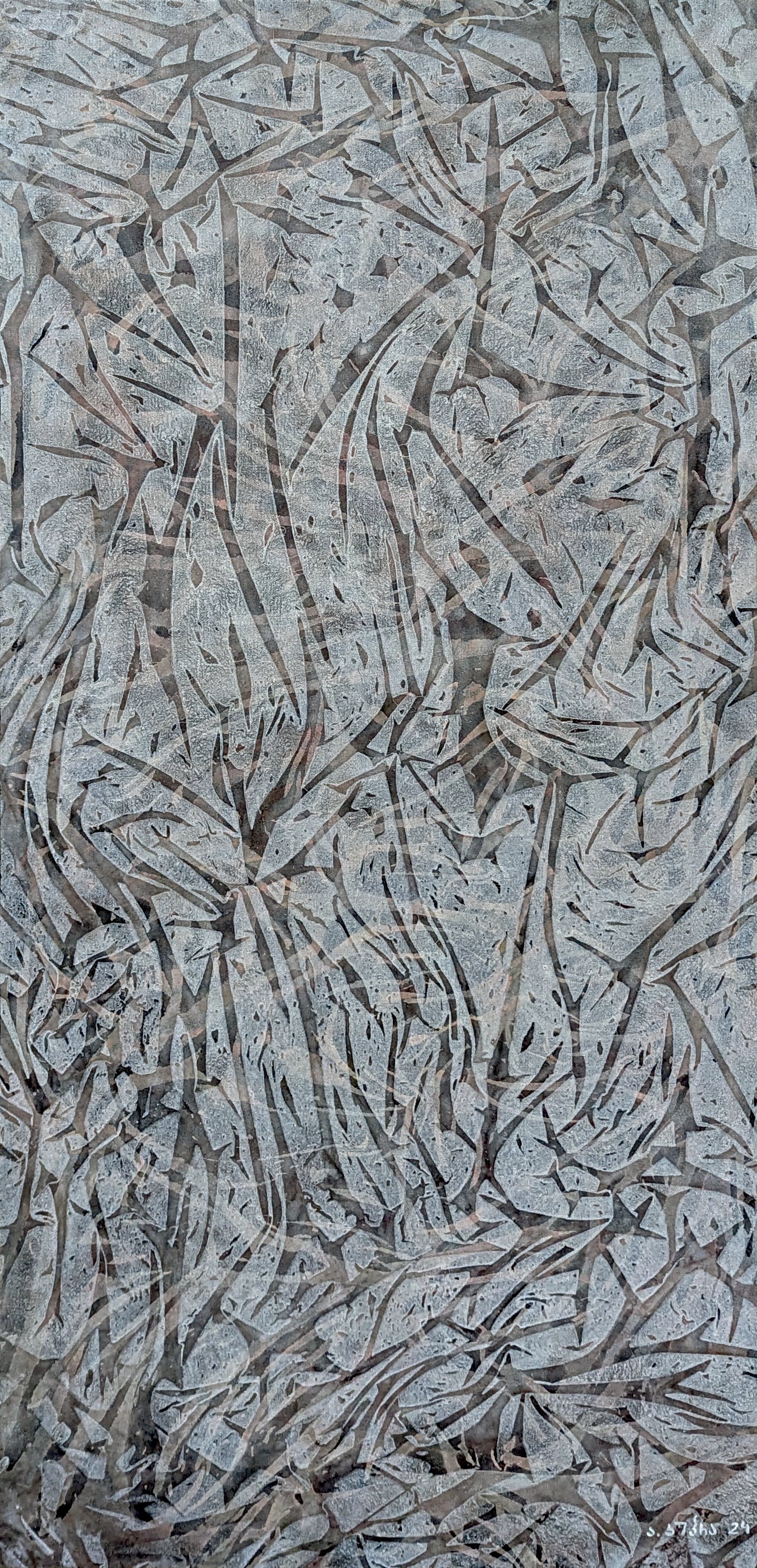
- 1994: Werkstatt Gallery, Munich, Germany
- 1995: Eurhythmics Academy, Grafrath, Germany
- 1998: Zone F Gallery, Berlin, Germany
- 1998: Fester Gallery, Berlin, Germany
- 1999: Wilhelmshagen Gallery, Berlin, Germany
- 2000: Zmo Gallery, Mainz, Germany
- 2001: Max Planck Institute, Berlin, Germany
- 2002: Schmuckgalerie, Kreuzberg, Berlin, Germany
- 2004: Witzleben Gallery, Petersdorf, Germany
- 2004: Old Gallery, Tbilisi, Georgia
- 2005: Cent-Point Gallery, Tbilisi, Georgia
- 2006: Old Gallery, Tbilisi, Georgia
- 2007: Hobby Gallery, Tbilisi, Georgia
- 2007: Baia Gallery, Tbilisi, Georgia
- 2008: Museum of Fine Arts, Batumi, Georgia
- 2013: Sfumato Gallery, Tbilisi, Georgia
- 2015: Art Museum, Tbilisi, Georgia
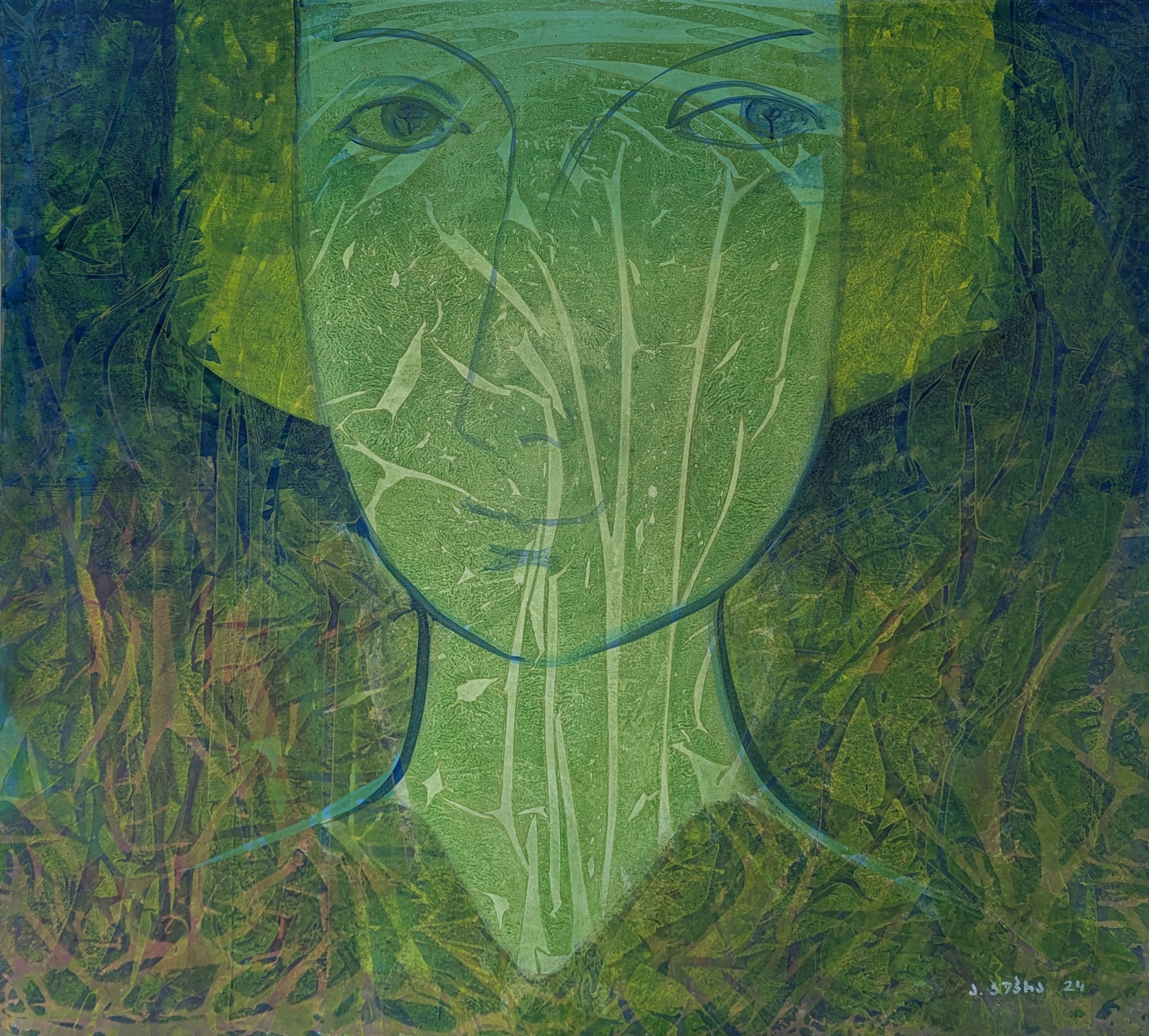
- 1998: Zone F Gallery, Berlin, Germany
- 2004: Hobby Gallery, Tbilisi, Georgia
- 2007: Artline Gallery, Tbilisi, Georgia
- 2014: Museum of Literature, Tbilisi, Georgia
- 2015: Art Gallery Ophtalmiji, Tbilisi, Georgia
- 2015: Sfumato Gallery, Tbilisi, Georgia
- 2015: Shalva Amiranashvili Museum of Art, Tbilisi, Georgia
- 2015: Taksim Gallery, Istanbul, Turkey
- 2017: Zurab Tsereteli Gallery, Moscow, Russia
- 2017: Angel Museum, Anykščiai, Lithuania
- 2019: Museum, Kazakhstan
- 2020: Art Tent, Tbilisi, Georgia
- 2022: Art Gallery Vake, Tbilisi, Georgia
- 2023: Art Gallery Vake, Berlin, Germany
- 2023: Artline Gallery, Tbilisi, Georgia
- 2023: Library of Congress, Washington D.C., USA
Amiran Kuprava is a distinguished figure in modern Georgian art, whose multifaceted career has spanned decades of political transformation, artistic exploration, and cultural exchange. Born during the late Soviet era, Kuprava emerged as a key voice among the 1980s generation of Georgian artists, a period of radical experimentation in Georgian fine art. After completing his foundational studies at the Jacob Nikoladze Art School (1972–1975), Kuprava pursued advanced training at the Tbilisi State Academy of Arts (1982–1988), where he honed his craft amidst the rising tide of abstract expression and avant-garde movements.
Kuprava’s early works garnered critical acclaim for their intellectual depth and daring reinterpretation of artistic norms, setting him apart from peers who favored the repetition of singular styles. From 1993 to 2013, Kuprava lived and worked in Germany, where he immersed himself in European artistic dialogues while participating in numerous high-profile exhibitions. Notable figures like Manfred Werner and Ingrid Zimmerman championed his work, organizing acclaimed showcases such as Georgian Prometheus and His Angel in Berlin.
Despite his success abroad, Kuprava remained intrinsically connected to his homeland. In the 2010s, he returned to Georgia, marking a new chapter in his artistic journey. Through his work, Kuprava has consistently bridged the past and the present, exploring universal human themes while maintaining a dialogue with Georgian traditions.
Kuprava's artistic signature resists singular categorization, instead revealing a complex synthesis of multiple aesthetic approaches. His work from the 1980s and 1990s exhibits an expressionist searching and individualistic realist type, while his post-2000 period demonstrates a profound engagement with abstract, texture-material, plastic, and conceptual directions within a post-modern framework. His distinctive approach to deformation, particularly evident in his portraiture, transcends mere aesthetic-formalistic concerns to become a programmatic method of expressing spiritual and philosophical inquiries. The artist's work is characterized by a unique treatment of monochromatic tones and an innovative approach to material surface. Kuprava's artistic language particularly shines in his treatment of the "shadow theme," which becomes a programmatic leitmotif in his later work, where he constructs intensively personal, unseen compositional surroundings through abstract formality. His ability to maintain autonomous originality across various artistic methods - from traditional forms to postmodern artistic searching - establishes him as a singular voice in contemporary Georgian art, one who successfully navigates between primary instinct and intellectual sophistication in his creative expression.
- 1994: Werkstatt Gallery, Munich, Germany
- 1995: Eurhythmics Academy, Grafrath, Germany
- 1998: Zone F Gallery, Berlin, Germany
- 1998: Fester Gallery, Berlin, Germany
- 1999: Wilhelmshagen Gallery, Berlin, Germany
- 2000: Zmo Gallery, Mainz, Germany
- 2001: Max Planck Institute, Berlin, Germany
- 2002: Schmuckgalerie, Kreuzberg, Berlin, Germany
- 2004: Witzleben Gallery, Petersdorf, Germany
- 2004: Old Gallery, Tbilisi, Georgia
- 2005: Cent-Point Gallery, Tbilisi, Georgia
- 2006: Old Gallery, Tbilisi, Georgia
- 2007: Hobby Gallery, Tbilisi, Georgia
- 2007: Baia Gallery, Tbilisi, Georgia
- 2008: Museum of Fine Arts, Batumi, Georgia
- 2013: Sfumato Gallery, Tbilisi, Georgia
- 2015: Art Museum, Tbilisi, Georgia
- 1998: Zone F Gallery, Berlin, Germany
- 2004: Hobby Gallery, Tbilisi, Georgia
- 2007: Artline Gallery, Tbilisi, Georgia
- 2014: Museum of Literature, Tbilisi, Georgia
- 2015: Art Gallery Ophtalmiji, Tbilisi, Georgia
- 2015: Sfumato Gallery, Tbilisi, Georgia
- 2015: Shalva Amiranashvili Museum of Art, Tbilisi, Georgia
- 2015: Taksim Gallery, Istanbul, Turkey
- 2017: Zurab Tsereteli Gallery, Moscow, Russia
- 2017: Angel Museum, Anykščiai, Lithuania
- 2019: Museum, Kazakhstan
- 2020: Art Tent, Tbilisi, Georgia
- 2022: Art Gallery Vake, Tbilisi, Georgia
- 2023: Art Gallery Vake, Berlin, Germany
- 2023: Artline Gallery, Tbilisi, Georgia
- 2023: Library of Congress, Washington D.C., USA




